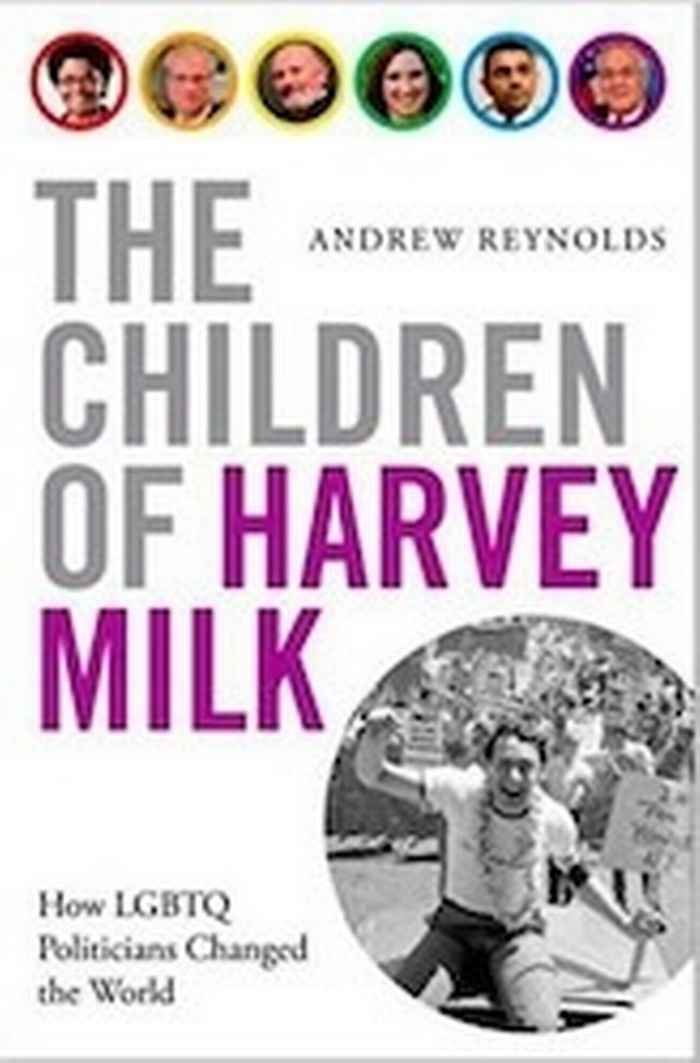“The Children of Harvey Milk: How LGBTQ Politicians Changed the World” Lecture by Andrew Reynolds (Professor of Political Science, University of North Carolina at Chapel Hill)
By Simone Schneider
Currently over 200 out LGBTQ members of parliament are located in countries all over the world. In his recently published book The Children of Harvey Milk: How LGBTQ Politicians Changed the World Andrew Reynolds researched the history and the current situation of LGBTQ politicians and presented the findings in his lecture. According to Reynolds, LGBTQ members of parliament have had a large contribution to public visibility of LGBTQ communities and an ongoing and decisive impact on social change through their personal and professional commitment.
